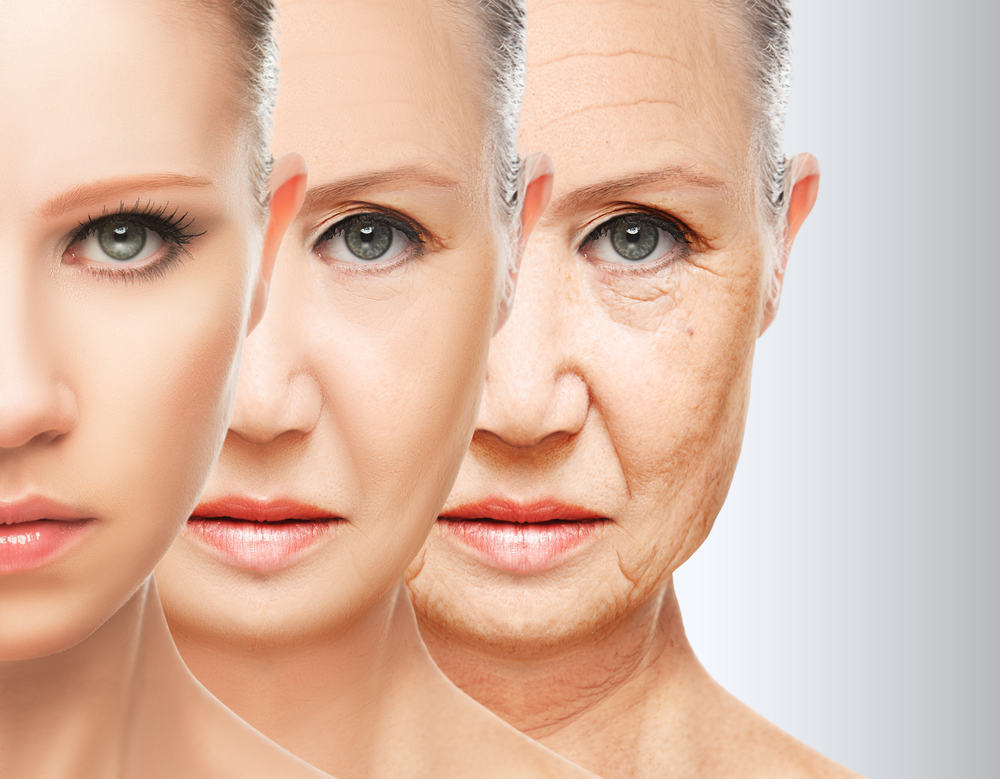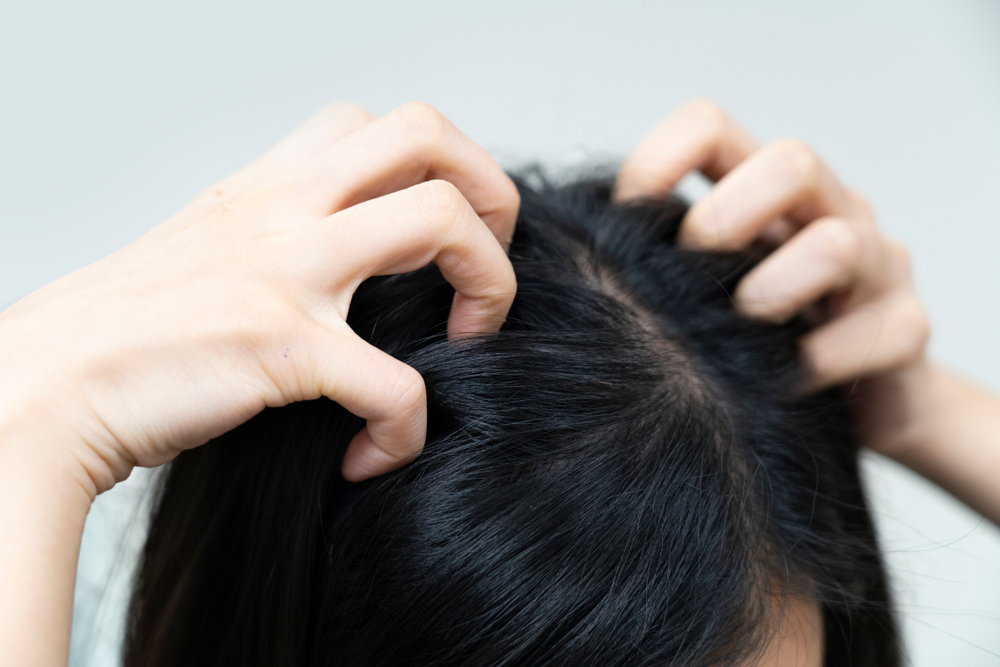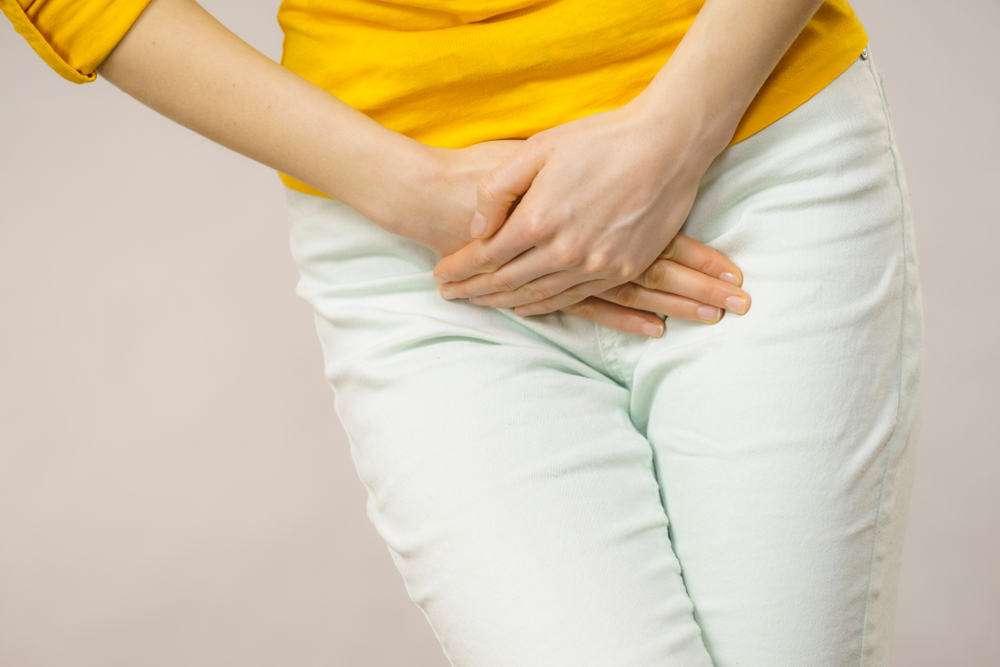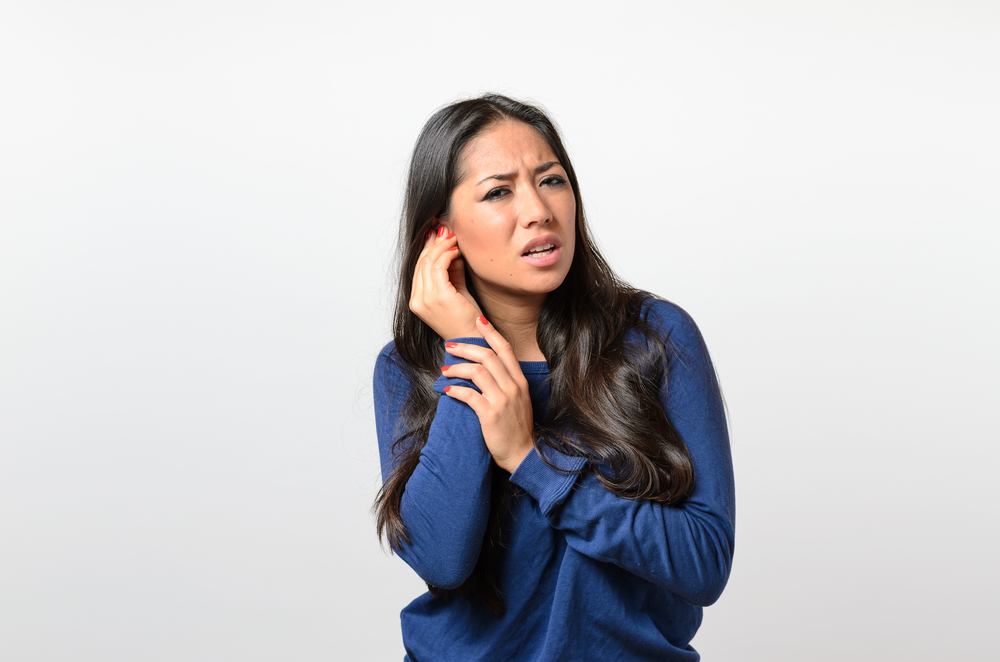Contents:
- Medical Video: 17 Anti-Aging Foods That Will Make Your Skin Glow
- 1. Vitamin A
- 2. Vitamin B
- 3. Vitamin K
- 4. Vitamin C
- 5. Vitamin E
- Skin creams that contain vitamins alone are not enough
Medical Video: 17 Anti-Aging Foods That Will Make Your Skin Glow
Today, many people are willing to do anything to keep looking young. Starting from paying expensive skin products to maybe plastic surgery is done to remove wrinkles. Although the packaging of the skin products listed contains a variety of vitamins, only a few can really slow down aging.
The most important component in vitamins that are useful for slowing aging is antioxidants. Antioxidants are known to be useful for preventing the effects of free radicals from cell damage in the body and skin. Free radicals are the result of processes in the body. However, free radicals can also occur from the effects of exposure to various environmental factors, such as cigarette smoke, ultraviolet (UV) radiation from the sun. Free radicals are what accelerate the aging process on the skin.
The following are vitamins that can affect the speed of aging:
1. Vitamin A
Vitamin A helps you deal with aging in several ways. The main thing is the antioxidant content that can neutralize the effects of oxidation due to free radicals. Topical liquids with vitamin A (such as retinol cream) have also been used to reduce damage from exposure to sunlight and aging of the skin by functioning as a dead skin peeler and reducing wrinkles. Vitamin A can also reduce black circles in the eyes.
Vitamin A in sufficient levels is important for our bones. However, there is a danger that for older people to consume too much vitamin A, because it can cause osteoporosis and brittle bones. Consult your doctor first about how much vitamin A you need.
Keep in mind that this vitamin does not function to stop aging. But in the right composition, this vitamin can help slow aging.
In addition to using skin products, you can also get a source of vitamin A from the food you consume. Foods that are rich in vitamin A such as eggs, fish, and liver.
2. Vitamin B
Niacin, one component in vitamin B (especially B3), has several components that can help slow aging. One way is to help your skin improve the ability to regulate moisture on the skin. Moist or non-dry skin not only looks healthier, but also helps your skin by providing strong skin and helps attack viruses, bacteria, or other microbes. Dry skin will cause effects such as sensitive skin, itching, and scaly looks. In addition to helping the skin moisture, niacin can also help exfoliate dead skin cells.
Niacin can be obtained from foods such as chicken, eggs, meat, fish, beans, and bread rich in protein.
3. Vitamin K
The more you get older, the circumference of the eye may look even clearer. This eye circumference is not only caused by lack of sleep, but heredity, hormones, and allergies can also be the cause. These eye circles are formed by the capillaries around your eyes leaking or stretching, which causes blood clots.
Vitamin K can help you reduce the eye circumference. Vitamin K has the ability to close the capillaries around the eyes and destroy blood clots. This vitamin won't really eliminate all of your eyes, but getting enough vitamin K can help you reduce your eye circumference.
Vitamin K is not produced in large quantities by your body, but your body may need more vitamin K than your body produces. so, don't forget to consume foods or products that contain Vitamin K such as supplements, multivitamins, spinach, cabbage, broccoli, and kale to meet your vitamin K needs in your body.
4. Vitamin C
Vitamin C is a source of antioxidants, which as described can help slow aging. Not only produces antioxidants, vitamin C can also help "activate" other antioxidants in your body, such as from vitamin E.
In addition, vitamin C can also help skin rejuvenation to prevent wrinkles by increasing collagen production. Collagen is an element in your skin that is responsible for the shape and strength of your skin. In addition, collagen is also important in healing wounds.
Making skin creams that contain vitamin C in sufficient doses is difficult because vitamin C reacts quickly once it encounters air. However, you can get vitamin C from fruits and vegetables, such as oranges, mangoes, potatoes, and so on.
5. Vitamin E
Vitamin E (alpha tocopherol) is a fat-soluble component, which can help repair dry skin. This vitamin can help regulate skin moisture and is sometimes found in sunscreens to help you protect your skin from exposure to UV rays from the sun. Vitamin E is also a useful source of antioxidants to help slow aging.
You can get Vitamin E from nuts, green vegetables, sunflower oil, wheat, and milk-based drinks. In addition, you can also get vitamin E from supplements or skin creams.
Skin creams that contain vitamins alone are not enough
According to the researchers, the problem of applying antioxidants to the skin is that these antioxidants are not completely absorbed by the skin, or the effects produced only last for a short period of time. Although claims in anti-aging beauty product advertisements look very promising, almost all of the antioxidant content in the product is present in low concentrations and not all are absorbed completely into the skin. So, it is recommended that in addition to applying various skin cream products, don't forget to also help slow down the aging of the food you eat.
READ ALSO:
- 10 Small Habits That Make Facial Skin Fast Wrinkles
- 8 Natural Recipes for Brightening Skin Color
- 10 Anti-Aging Skin Treatments to Do in Your 20s












